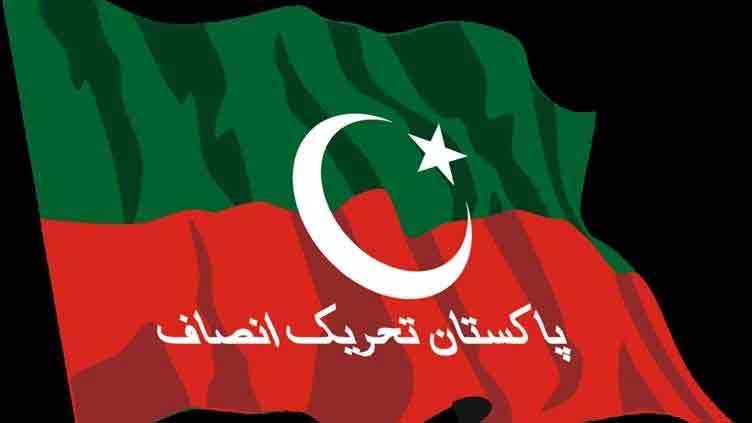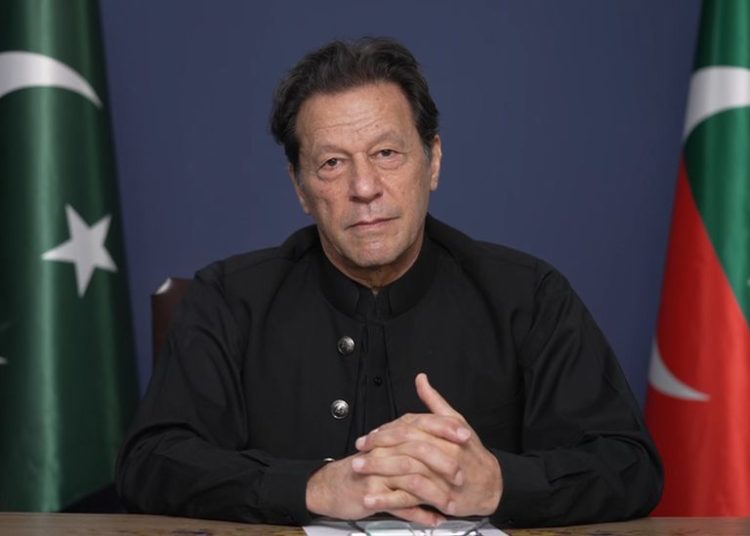The ongoing leadership divide within Pakistan Tehreek-e-Insaf (PTI) has intensified over the issue of meeting the party’s founding chairman, Imran Khan. Sources reveal that names like Barrister Gohar and Ali Zafar were not included in the list submitted to Adiala jail authorities, yet both met with Imran Khan, sparking objections among some senior party members. This disagreement has sparked a heated war of words within the party’s ranks.
Barrister Gohar Ali Khan, a senior PTI leader, expressed serious concerns over the term “Manzoor-e-Nazar” (favorite) during a media interaction. He stated that Ali Zafar, who he described as an honest man, had Imran Khan’s full confidence and that he was committed to uniting the party. Gohar added that he would step down from his position if necessary to bring harmony to the party but was troubled by the use of divisive language.
Meanwhile, Senator Ali Zafar, who is also the Leader of Opposition in the Senate, expressed regret over the allegations made by Salman Akram Raja. Speaking outside the Islamabad High Court, Zafar clarified that the PTI founder, Imran Khan, had expressed willingness to meet anyone in the national interest and emphasized that no one should be denied the right to meet him.
Salman Akram Raja, PTI’s Secretary General, had earlier clarified that six lawyers were designated to meet Imran Khan, but only those favored by certain party leaders were allowed access. Raja indicated that Imran Khan had not called anyone on a particular day, and emphasized that only those on the pre-approved list would be allowed to meet the party founder in the future.
Sources within PTI revealed that a heated exchange took place between the party’s chairman and general secretary at the Khyber Pakhtunkhwa House in Islamabad, following a visit to Adiala jail. Efforts to reconcile the two leaders have been made by other senior party members, though the rift persists.
On another front, Gohar Ali Khan highlighted that Imran Khan has voiced support for transforming Pakistan into a “hard state,” where the rule of law would be consistently applied and equal justice would be guaranteed. According to Gohar, Imran emphasized the importance of ensuring that Pakistan does not remain a “soft state” where law and justice are inconsistently upheld.
Meanwhile, Sher Afzal Marwat, a former PTI leader, revealed internal divisions within the party, citing three major pressure groups: the media, the leadership of Khyber Pakhtunkhwa, and the party’s grassroots organization. Marwat accused PTI’s media wing, especially YouTubers, of manipulating the party’s narrative for financial gain. He also pointed out the victimization of KP leadership by elements from Punjab and the lack of organizational strength in other provinces.
Marwat further explained that PTI has engaged in multiple rounds of negotiations with the establishment, but these talks have not been fruitful, leaving the party in a precarious position. He also rejected the notion that Asad Qaiser was a conspirator and criticized efforts to discredit key party members like Ali Amin Gandapur, claiming these actions were designed to cause maximum damage to PTI.
As tensions continue to rise within PTI, the party faces increasing challenges to maintain unity, with leadership disputes and external pressures threatening to further destabilize its ranks. The ongoing internal conflicts and leadership struggles indicate that PTI’s future direction may depend on how these rifts are addressed in the coming months.
















